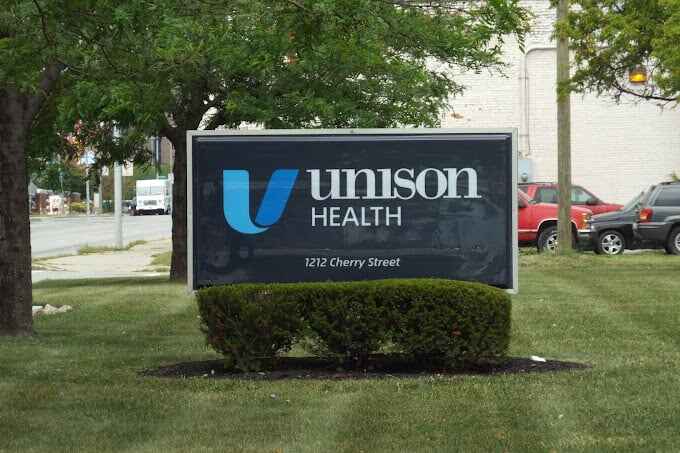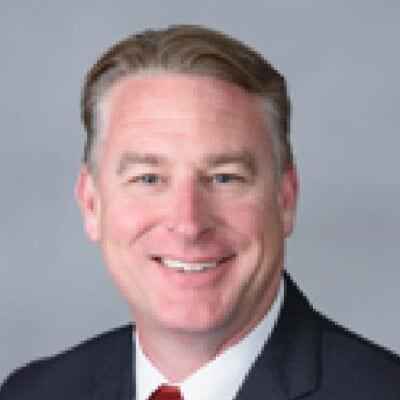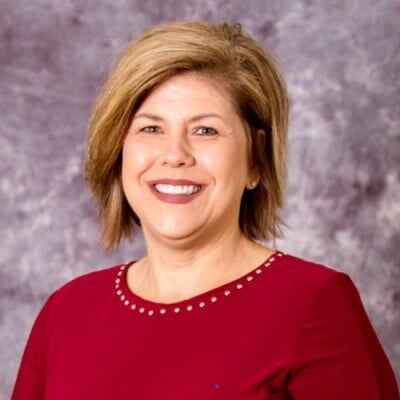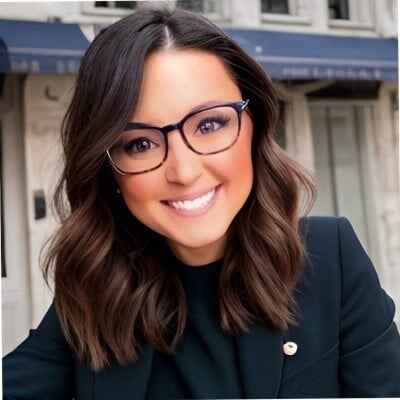About Unison Health – Toledo
Unison Health offers treatment for dual diagnosis (co-occurring disorders) and substance use disorder. They have four locations in Ohio including the Cherry Street location in Toledo that offers outpatient services. They treat adolescents ages 11 to 18 and adults 18 and up. The center accepts most insurance. If you’re a Lucas or Wood County resident then you may qualify for free or discounted services even if you’re insured. They also take Ohio Medicaid.
They treat substance use disorder in adolescents and adults. The adolescent program recognizes that teens have specific needs. Teens have individual and group therapy. They also use the Seven Challenges model of treatment. The model teaches teens to make informed and thoughtful decisions to help them attain their goals.
The seven challenges encompass seven statements that the teens work through. An example is, “We decided to be open and talk honestly about ourselves and about alcohol and other drugs.” Clinicians help as problem-solving partners. The program also helps teens address co-occurring disorders such as anxiety or depression.
The Matrix Model is used in the adult substance use treatment program. The model is a 16-week, structured program that uses social support groups, individual counseling, relapse prevention groups and education groups to achieve sobriety. There is also breath and urine testing. Adults have a case manager to help them meet their individual goals. There are co-dependency groups, trauma groups and interactive parenting education.
If you have a co-occurring disorder such as anxiety, depression or bipolar disorder then you’ll have individual counseling, case management and psychiatric services to manage appropriate medications. There’s also an outpatient withdrawal program with medication assistance if necessary. You can get opiate replacement medication while attending individual and group therapy.
The center offers behavioral health services for other addictive disorders too. An example is an eating or gambling disorder. Most former clients felt the center gave them the right tools to return to a normal life. One former client felt the staff was really there for him when no one else was.








